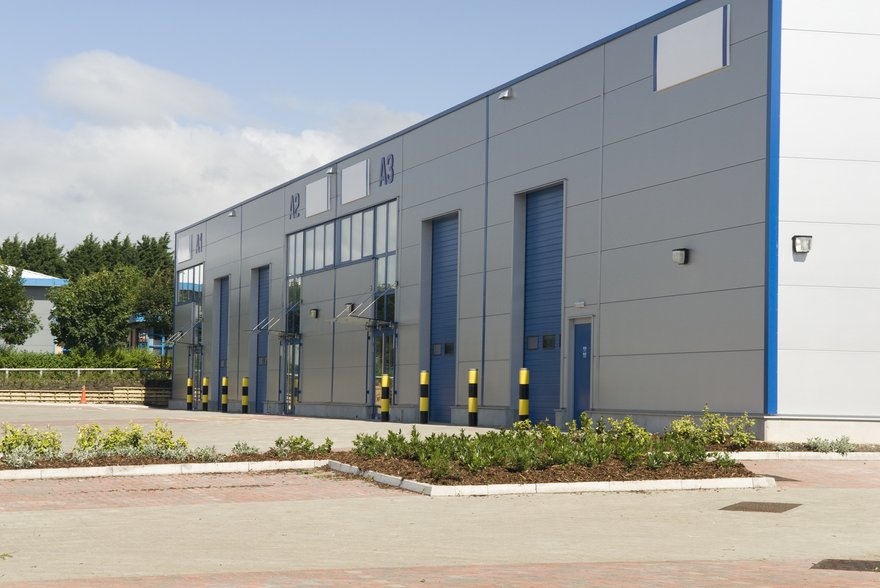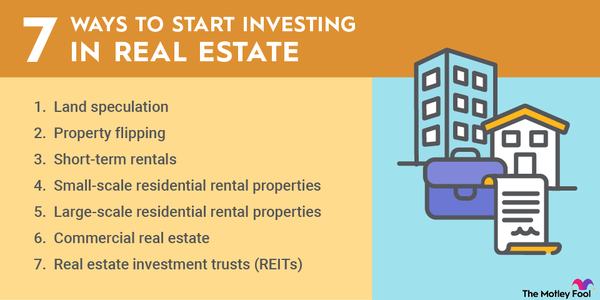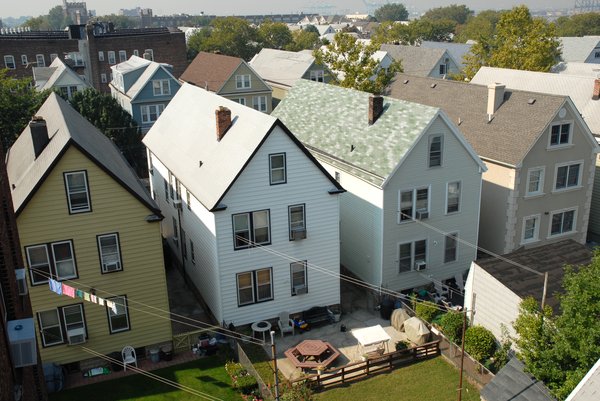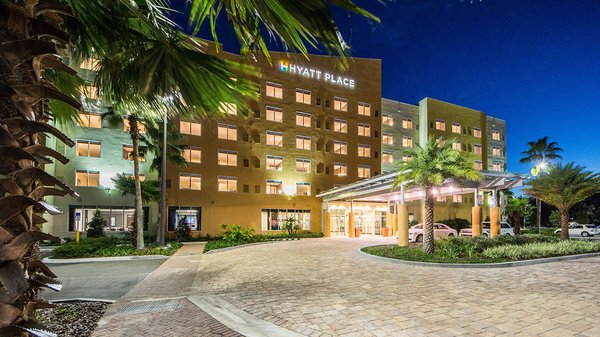There are lots of ways to invest in real estate, from residential to industrial real estate. Although residential is often far more familiar for investors, industrial real estate gives you opportunities to engage with other businesses that are looking for solid, long-term bases of operation. These relationships can help you do more with your investment dollars since you won't always be chasing tenants for the rent or changing out carpets in apartments.
However, industrial real estate isn't for everyone. Here are six things to know about investing in industrial real estate before you get started.

The type of lease to choose
The type of lease you use matters
If you've purchased industrial real estate with tenants already in place, that's great -- but it's still important to pay attention to the leases. There are several different kinds of leases used in industrial real estate, but most will be some sort of net lease. Depending on the type of net lease used, your tenant may be liable for the rent plus the taxes, or even more, up to all the base expenses, including insurance, taxes, and operating expenses.
That last one, what's known as the triple net lease, is really the ideal situation for a property owner. Because industrial tenants tend to stay a long time, paying all their own expenses means all you have to do is keep the property in good condition as outlined in the agreement, and you're set. Of course, these leases aren't always a guarantee of a great lease deal on your part, so it's important to evaluate them on a case-by-case basis.
Lease
One tenant vs. several
One big tenant is good, but several small tenants are great
Buying a single warehouse or factory is a huge accomplishment, no doubt. But it can also be risky. Even though there are large tenants that can soak up a whole lot of rentable square footage, those large tenants are rarely going to only be leasing from you. If your location is deemed to be too costly or no longer serves their purposes, they may not renew their lease, leaving you with a completely empty building.
Because of this, investing in an industrial property that's divided in a way that allows for multiple smaller tenants is a great way to get started in industrial properties. Not only do smaller tenants tend to stay put since they only have one or two locations, they're easier to replace if they decide to move. You also won't be out all your rental income at once if a tenant doesn't renew their lease, which can help ensure you don't end up being forced to sell at a bargain price.
Rent increases not guaranteed
Rents are not guaranteed to go up forever
Although rents across the board have looked pretty rosy for the last few years, there is no guarantee that they'll keep going up. As much as you may want that to happen, you can't guarantee it, so you need to have some room for this reality built into your long-term leasing plan. That might look like a built-in minimal rent escalation clause in your lease, but if you're being very good with your money, it should probably just look like better long-term planning.
Keeping your building's leverage as low as possible can hedge against rent deflation. In more basic terms, if you borrow less against your property and use more cash to acquire and maintain it, you can better absorb the inevitable cycle of lower rents. The problem with borrowing too much money against a piece of real estate is that you still have to make the payments later, even if your tenants aren't covering the loan with their rent.
Investing in REITs
You can always invest in industrial real estate via real estate investment trusts
Investing in industrial real estate as a single investor, or even with a small group of investors, means a lot of things have to go right for your investment to really be a success. Your small-scale investment has a significant chance of failure, especially if you don't also own a business occupying at least part of the property. But that's OK because you can invest in a portfolio of industrial real estate by simply buying real estate investment trusts (REITs) from your favorite stock brokerage.
It works exactly like buying stocks, but instead of having to collect the rent, choose the tenants, or paint the building, you simply collect dividends when times are good and watch shares grow in value if your REITs are running their businesses well. And unlike buying a whole building, you can put just a few hundred dollars in to start, just to see if you feel good about it. You're not going to risk your entire nest egg on one transaction.
With industrial REITs, you still get exposure to industrial real estate, but without as much of the risk.
Related investing topics
The bottom line on industrial real estate investing
Industrial real estate can be a great investment if you're familiar with your local market and the wider segment of the industry that may be interested in your property. You should also make sure that any property you purchase isn't overly leveraged, just in case rents drop at some point during your ownership.
If buying a whole building or even a significant share of one is too much for you right now, you can also invest in industrial real estate through industrial REITs, where you can buy a piece of a portfolio of industrial buildings. This can be a great solution for someone who isn't ready for the responsibility of such a large investment.
FAQs
Investing in industrial real estate: FAQs
What is the return on investment for industrial real estate?
Real estate investments are often measured by their capitalization rates, which is a type of rate of return on your investment. The cap rate for industrial real estate nationally for 2022 was 4.54%, but it is forecast to reach 4.99% in 2023.
Are industrial REITs a good buy?
Like any REITs, industrial REITs vary. Some of these companies can be great buys in terms of dividend returns or stock price growth, but it's important to define your investing goals before you randomly assume a stock is a good or bad buy.
Over the longer term, a basket of high-quality industrial REITs will provide ample dividend income, as well as long-term stability for your portfolio, since industrial tenants don't tend to come and go as often as tenants in other sectors.
What is industrial investing?
Industrial real estate investing is investing in properties that are vital to manufacturing, like warehouses, distribution centers and hubs, and actual manufacturing facilities. You can do this by purchasing buildings that house these kinds of businesses or by choosing industrial REITs.



















